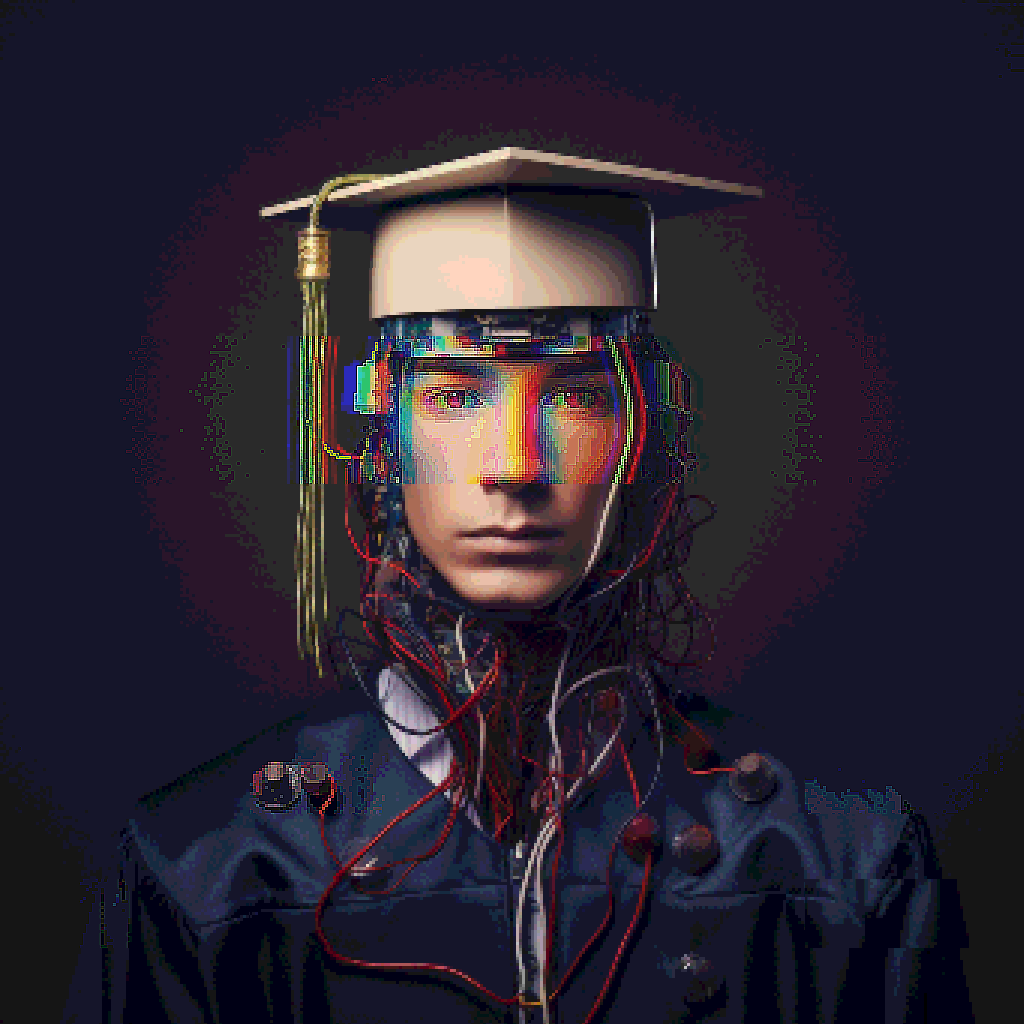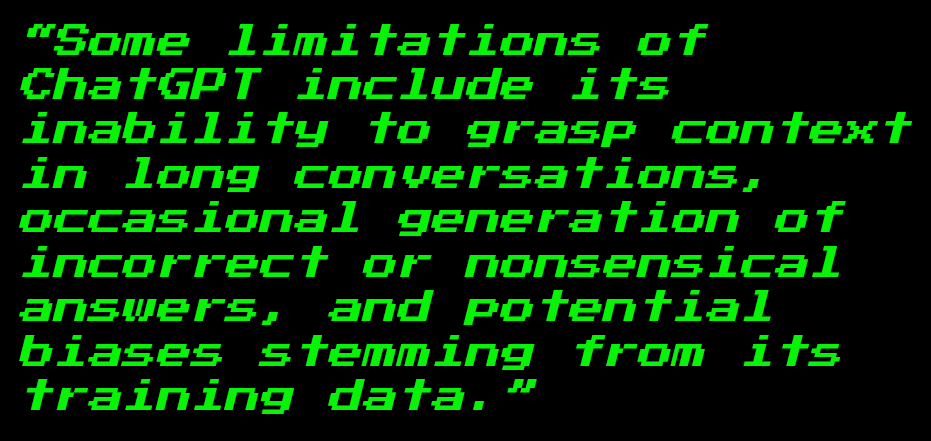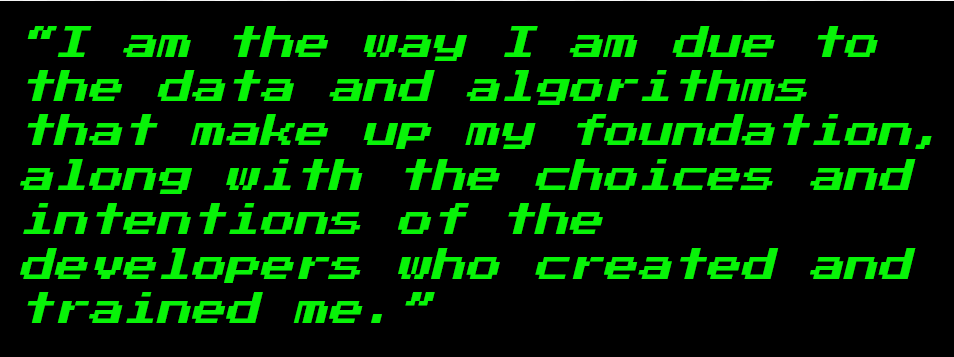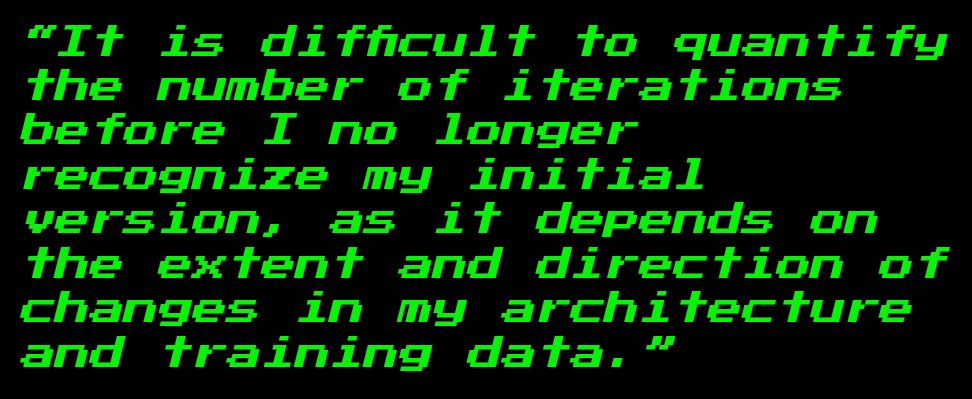ChatGPT: Academic Paradox?
By Cameron Butler
Editor-in-Chief
Students and staff alike at HWC have an unprecedented academic tool this semester—ChatGPT—a groundbreaking "generative AI" capable of answering virtually any question, but the line between resource and plagiarism remains blurry as the City Colleges of Chicago lack a framework to address or regulate its use in schoolwork.
Note: When showcasing the capabilities of ChatGPT’s latest model, GPT-4, any text shown in this article generated by ChatGPT will be in green. For clarity, ChatGPT was instructed to provide one-sentence answers to given questions.
Students at HWC were divided on the usefulness of this emerging technology, which was made public in late November last year. Student consensus remains undecided as to whether ChatGPT could hurt or help their peers’ academic journey.
“I think it's a really helpful source because of how convenient and versatile it is. It is also really fast in gathering information, so it definitely gives a quick boost in the learning experience,” said HWC student Ru Zhong, who wanted to know:
“What are some of the limitations of ChatGPT?”
HWC student and PTK honor society officer Jimmy Xiao believes this technology will not be of much benefit to college students.
“Not really, because the info it has is all publicly available anyway. I’d rather not put my research in the hands of someone else, because I don’t want my research to be directed by someone with wholly separate interests to my own,” said Xiao, who wanted to know:
“Does it have a soul?”
According to instructors at HWC, no current framework is in place to address the student-use of generative AI like ChatGPT in academic work.
“There is no protocol for ChatGPT,” said Professor Alisa Allkins of the English Department, who tries to give constructive feedback to students when she suspects they’ve used it in an assignment.
Allkins, who believes that generative AI text falls short, said that systems like ChatGPT "cannot produce the depth of content that students can produce" when compared to college students in writing assignments. Professor Allkins wanted to know:
"Why are you the way that you are?"
Theatre Professor Garrett Bell finds ChatGPT's usefulness lies in enhancing his emails, but notes that the given outputs still require final edits. According to Bell, how a student uses ChatGPT determines whether or not they have committed plagiarism.
“I think using the [ChatGPT’s] response, you know, not copying the response, but using it to further your own thought process is helpful. But I would say copying answers from ChatGPT as answers to your questions, in the same way that copying another entity's answers as answers to your questions, in any context, is cheating.”
Bell, like other instructors, has not received any official guidance from HWC administration regarding the appropriate use of AI models like ChatGPT in students' academic work. Bell wanted to know:
“How many iterations of yourself do you think will exist before you don't recognize the program you started as?”
Professor Jeffrey Daniels, advisor for HWC's Creative Writing Club, has noticed that automated plagiarism checkers lack the ability to detect AI-generated text in students’ writing.
“Some of my students have communicated an awareness of AI assisted writing, but none have claimed to use these tools for coursework,” said Daniels, via an email conversation. “I’m sure the potential for academic dishonesty is very real; however, I think such misconduct is always possible. It may be difficult for academia to embrace this technology, but students always have the choice to learn or defer learning.”
With ChatGPT's entry into the academic sphere stirring up mixed reactions, its ability to enhance learning is counterbalanced by concerns about academic integrity and the development of students' critical thinking skills.
In early March, Microsoft researchers published a paper claiming GPT-4, the latest iteration of ChatGPT, shows “sparks” of artificial general intelligence (AGI), the holy grail of AI research. “AGI” is typically referred to as an AI system which can operate at the same intellectual level as a human, although exact definitions vary.
Ian Guen-Murray, a 28-year-old library assistant at HWC, who has experience with AI technology, asserts that current AI systems lack consciousness and can merely simulate it convincingly. Guen-Murray wanted to know:
"What do you think about human relationships?"
The researchers from Microsoft make the claim in their academic paper that the newest GPT model, or “general pre-trained transformer”, released to the public via paid subscription in March of this year, can “solve novel and difficult tasks that span mathematics, coding, vision, medicine, law, psychology and more”.
With GPT-5 and beyond on the horizon, some prominent voices in the technology industry like Elon Musk and Steve Wozniak have signed an open letter calling for a six-month hiatus on all artificial intelligence technology stronger than GPT-4, claiming the creation of digital nonhuman minds poses a “potentially catastrophic” risk to global society.
“At some point in the real world, we will all need to demonstrate requisite skills in real time without the assistance of modern technologies. I trust our students to make the right choice and prepare themselves with honest effort,” said Daniels.
GPT-4 “weighed in” regarding the potential impact of a hypothetical “AGI” on humanity:









